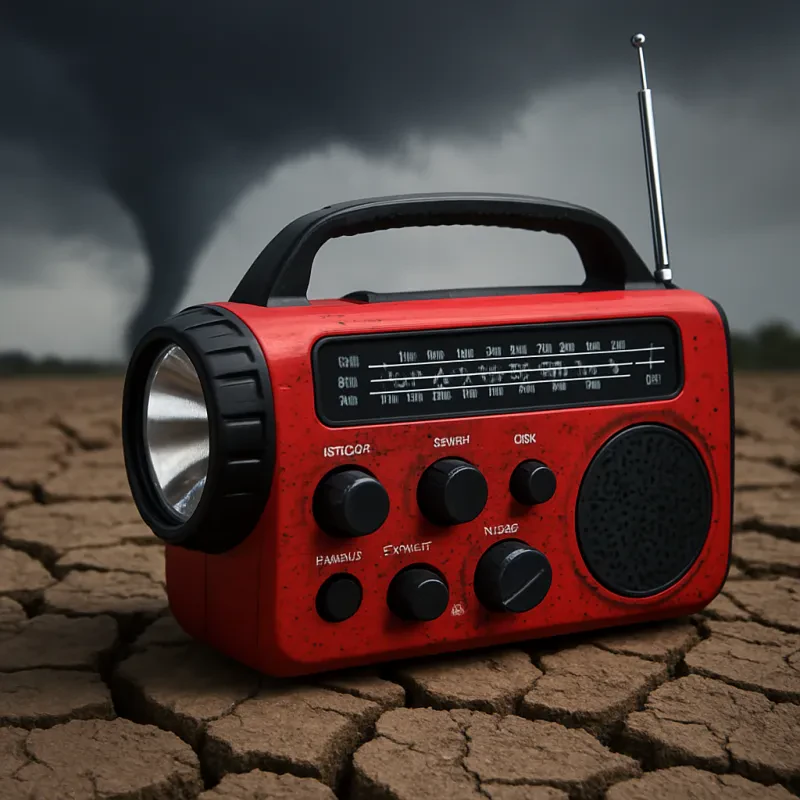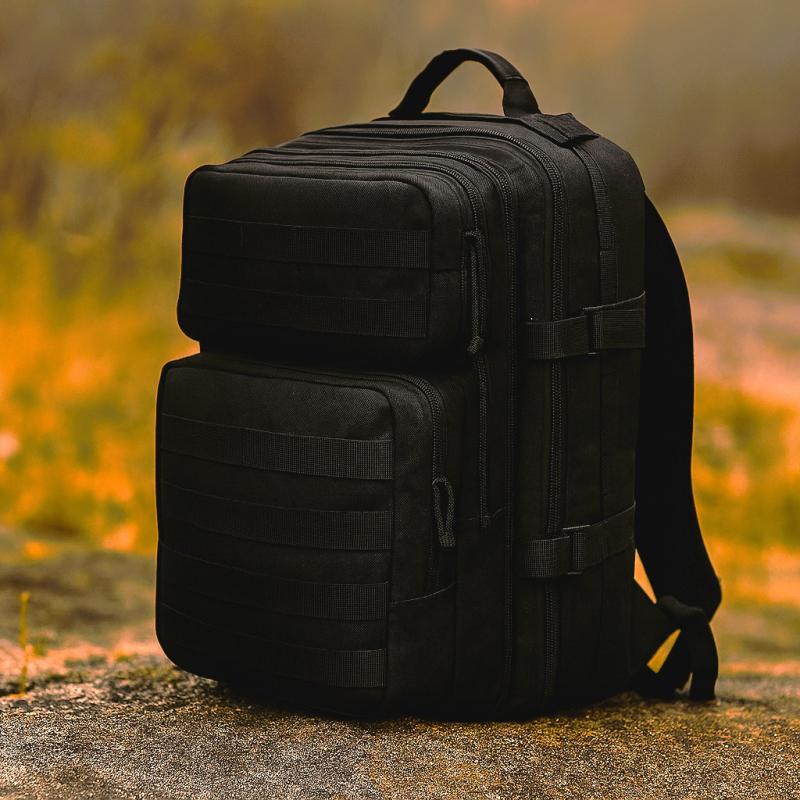Grow Your Own Food
Growing your own food is one of the most rewarding prepper homesteading skills you can develop. It not only saves you money but also gives you a sense of security knowing that you can provide for yourself and your family. Plus, there’s something special about biting into a ripe tomato or fresh lettuce that you’ve nurtured from seed to harvest.
Starting a garden doesn’t have to be complicated. Here are a few tips to get you going:
- Choose the Right Location: Look for a sunny spot in your yard or even a balcony. Most vegetables love sunlight, so aim for at least six hours of direct sun each day.
- Know Your Zone: Understanding your climate zone will help you pick the right plants. Some veggies thrive in cooler weather, while others need warmth to grow. You can find which zone you're in HERE.
- Start Small: Begin with a few easy-to-grow vegetables like tomatoes, cucumbers, or radishes. As you get the hang of it, you can expand your garden with more variety. To make it even easier, consider starting with vegetable seed starter packs – handpicked for new gardeners
- Compost: Recycling kitchen scraps into compost is a great way to nourish your plants without chemical fertilizers.
Don't worry if you're short on space; many people successfully grow food in containers. You can use pots, old buckets, or even vertical gardens to maximize your harvest. This is a great way to fit gardening into your life, no matter how busy you are!
Learning to grow your own food is an essential prepper homesteading skill that prepares you for any situation. The more you practice, the more comfortable and confident you’ll become. So why not dig in and get started? You’ll be amazed at how much joy and satisfaction comes from watching your plants grow and knowing you’re contributing to your family's well-being.
Master the Art of Canning
Canning is one of those prepper homesteading skills that can feel a bit daunting at first, but don't worry! Once you get the hang of it, you’ll find it's a practical way to preserve all those delicious fruits and veggies you’ve grown or picked. Plus, it’s a great way to ensure you have nutritious food on hand, even during tough times.
To start canning, you’ll need a few basic supplies: jars, lids, and a canner or large pot. Make sure everything is clean and sterilized before you begin. It’s all about keeping your food safe! You’ll also want to choose high-quality produce; fresh is always best. Think ripe tomatoes, sweet peaches, or crunchy pickles. The better the ingredients, the better the flavor in the end.
Once you have your gear and ingredients ready, it’s all about the process. For most fruits and veggies, you'll need to cook them down briefly before placing them in jars. Remember to leave some headspace at the top of the jar to allow for expansion. Seal it up tight, and load your jars into the canner for processing. You only need a little patience while they cool down, and soon you’ll have jars filled with tasty goodness that’s shelf-stable!
One of the best parts about mastering canning is the versatility it brings. You can take your canned goods and get creative with meals later on. Toss some homemade salsa on your tacos or add canned apples to a pie. It's not just about survival; it’s also about keeping your meals interesting and delicious. So dive in, practice your prepper homesteading skills, and enjoy the fruits of your labor all year round!
Build a Reliable Water Source
One of the most crucial prepper homesteading skills is establishing a reliable water source. Water is a must-have for survival, whether for drinking, cooking, or keeping your garden alive. Without it, even the best strategies can fall flat. So, how do you ensure a steady supply?
First, consider digging a well if your property has the potential for it. This can be a more permanent solution, giving you access to groundwater. But if you're not ready to break ground, look into rainwater harvesting. Setting up barrels to catch rain is a smart way to gather natural water – just make sure to filter it before drinking.
Another option is to create a pond or natural water feature. This can provide both a water source and a habitat for wildlife. Just be aware that you may need to treat or filter the water for safety before using it for drinking or cooking.
Don’t forget about purifying methods! Whether it’s a simple filtration system or boiling water for at least one minute, knowing how to make your water safe is essential. Having these prepper homesteading skills under your belt can really set you up for success.
Develop Basic First Aid Knowledge
When it comes to prepper homesteading skills, having basic first aid knowledge is a must. You never know when a minor injury could happen, so being ready to handle it can make all the difference. Trust me, knowing how to treat a sprain or a cut can save you from a lot of trouble down the line.
Start by stocking up on a simple first aid kit. You can find ready-made kits, or it's easy to put one together yourself. Here are some essentials you'll want to include:
- Adhesive bandages in various sizes
- Gauze pads and tape
- Antiseptic wipes or spray
- A pair of scissors
- Disposable gloves
- Pain relievers
- Medical tape and cotton balls
- Thermometer
Once you have your kit, take some time to learn basic first aid techniques. Simple skills like how to clean and dress a wound, perform CPR, or even recognize signs of shock are incredibly valuable. Online courses, local classes, or even books from your library can offer great guidance. It’s not just about the knowledge; it’s about confidence too. The more you practice, the more prepared you’ll feel.
Remember to Practice It
Finally, don't forget that practice makes perfect. It’s one thing to read about first aid, and another to actually apply it. Try walking through different scenarios with friends or family. This hands-on approach will not only reinforce what you’ve learned but also help you stay calm and collected in case of an emergency. Mastering basic first aid truly adds a vital layer to your prepper homesteading skills, preparing you for whatever challenges may come your way!



